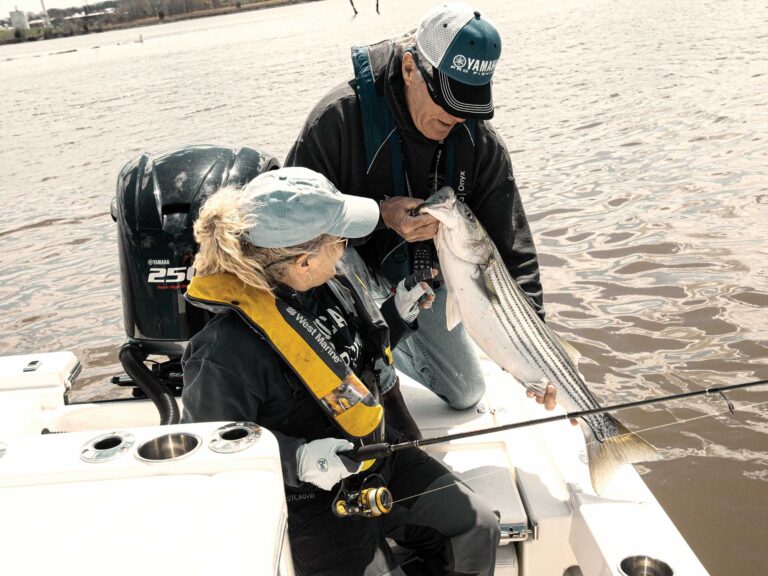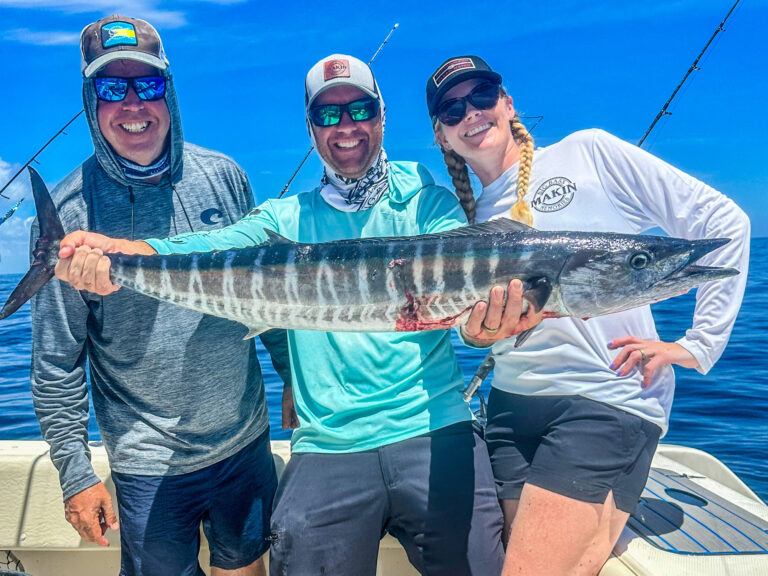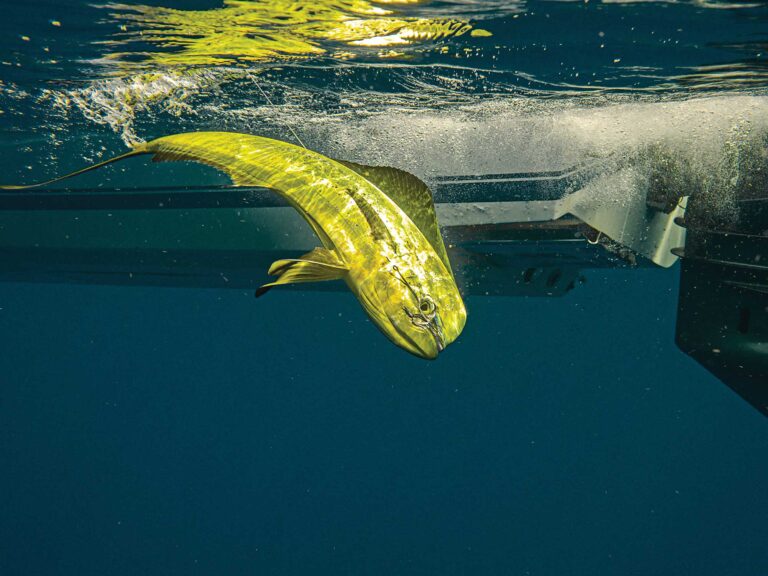The Conservation Law Foundation (CLF) and the Natural Resources Defense Council (NRDC) won an important victory yesterday that requires the National Marine Fisheries Service (NMFS) to develop a program for accurately monitoring and assessing bycatch – fish that are caught unintentionally and discarded. Studies have shown that the commercial trawler fleet in New England can discard as much as 50% of the fish and other ocean life it catches at sea. Remarkably, to date NMFS has resisted establishing a program to accurately gather and analyze bycatch data so that it knows how many fish are being caught and so that effective measures can be implemented to end this wasteful practice.
In a decision issued late yesterday, Washington D.C. Federal District Court Judge Ellen Huvelle agreed with the groups’ arguments that NMFS was clearly violating the Magnuson-Stevens Act by failing to establish such a program. Scientists and conservationists believe that fishermen may be discarding cod as bycatch and that this could be one explanation for the inability of cod stocks to rebound despite recent efforts to address overfishing. “This is an important step in protecting depleted Georges Bank cod and other groundfish in New England,” said CLF Senior Attorney Roger Fleming. “If fishery managers don’t know how many fish are being caught, they can’t manage effectively.”
Earthjustice attorney Steve Roady, representing the two groups, noted the importance of the court’s ruling on bycatch: “This is the second time in three years that a federal court has ordered NMFS to comply with the law and establish a standardized reporting system for keeping track of fishing in New England. The government should take immediate steps to comply with this order, by placing enough observers in the groundfish fishery to ensure that they obtain an accurate and precise count of fishing mortality.”
CLF and NRDC expressed their disappointment over those parts of yesterday’s ruling that will allow overfishing to continue on Georges Bank cod and four other important fish stocks in the region. The ruling was in response to the groups’ claims directed at preserving the region’s economically valuable Georges Bank cod and other groundfish fisheries struggling to recover from decades of overfishing.
The National Marine Fisheries Service (NMFS) argued that the Magnuson-Stevens Act allows overfishing to continue on fish populations that are already depleted due to overfishing. In New England, target catch limits set by fishery scientists are frequently exceeded in the groundfish fishery, sometimes by as much as 100 to 200% as in the case of the Georges Bank cod population. “How many more years of overfishing will it take before we start fishing within the limits of what the ocean can provide? Or will it take the commercial extinction of a fish stock?” asked NRDC Senior Attorney Brad Sewell.
The court’s ruling further imperils not only the codfish, but also New England’s fishing industry by placing the region’s most important fish species in danger of commercial extinction.
“Georges Bank cod is already struggling mightily and today’s ruling puts the species at even greater risk,” said Priscilla Brooks, Director of CLF’s Marine Conservation program. “Allowing overfishing to continue at this time on such an important species makes no sense.”
A landmark December 2001 lawsuit by CLF, NRDC, and other groups forced the New England Fisheries Management Council (NEFMC) to create new rules to end overfishing. In November 2003, NEFMC approved a new management plan, known as Amendment 13, but it did not end overfishing on the most depleted stocks. So CLF and NRDC went back to court to strengthen Amendment 13.
“In a study released earlier this month, we learned that the volume of cod on eastern Canada’s Scotian Shelf has declined an astounding 96% due to long-term overfishing and the collapse of Canadian cod populations. Clearly, continued overfishing of Georges Bank cod puts this important species at risk of commercial extinction,” said Roger Fleming, CLF Senior Attorney. “We are going to continue the fight to prevent this from happening.”
For centuries, Georges Bank cod and other groundfish have sustained New England’s coastal fishing communities. But decades of overfishing have devastated groundfish populations. Today, although several stocks appear on the upswing, over half of all groundfish stocks are at less than half of healthy and sustainable levels. CLF and NRDC are particularly concerned about Georges Bank cod which show almost no signs of recovery from record low numbers of the mid-1990s. Codfish stocks are at less than 14% of healthy and sustainable levels.
The Conservation Law Foundation works to solve the environmental problems that threaten the people, natural resources and communities of New England. CLF’s advocates use law, economics and science to design and implement strategies that conserve natural resources, protect public health, and promote vital communities in our region. Founded in 1966, CLF is a nonprofit, member-supported organization. CLF has offices in Boston, Massachusetts; Providence, Rhode Island; Montpelier, Vermont; Concord, New Hampshire; and Brunswick, Maine. For more information, visit clf.org.
The Natural Resources Defense Council is a national, non-profit organization of scientists, lawyers and environmental specialists dedicated to protecting public health and the environment. Founded in 1970, NRDC has more than 550,000 members nationwide, served from offices in New York, Washington, Los Angeles and San Francisco. More information is available through NRDC’s Web site at www.nrdc.org.









